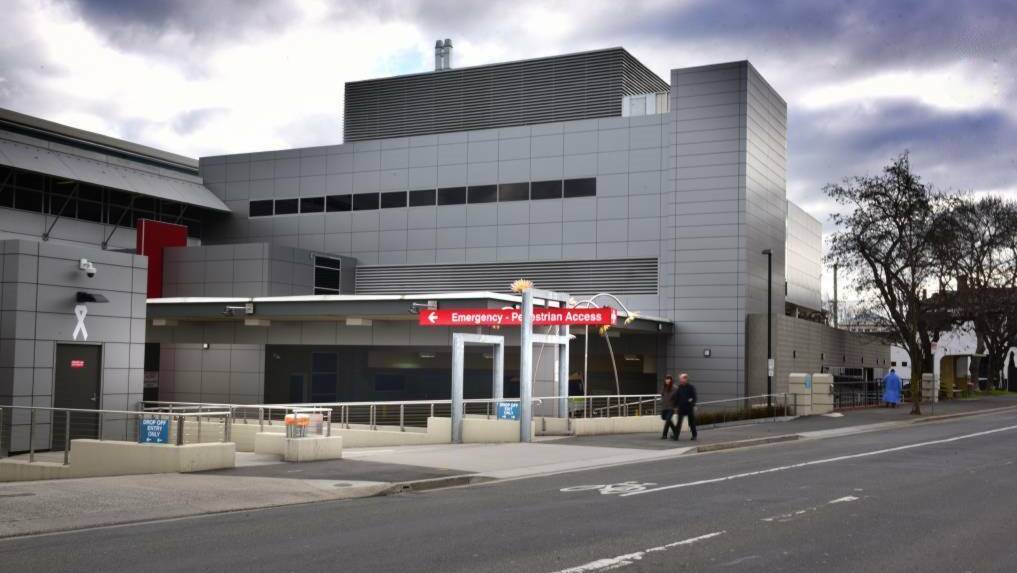
Easing restrictions on elective surgeries and access to parks and reserves is a top priority for Tasmanian's according to a new survey.
Subscribe now for unlimited access.
or signup to continue reading
The survey carried out by Health Consumers Tasmania, the peak body representing patients,carers and communities, found that about 75 per cent of people wanted restrictions on elective surgeries rolled back.
Coronavirus: All the latest updates on COVID-19 for Tasmania
Access to parks and reserves was a close second with about 73 per cent of people wanting those restrictions lifted.
HCT chief executive Bruce Levett said respondents were asked which restrictions they would like to see relaxed on May 15, the date the Premier said government will discuss easing restrictions.
"The community has a fairly strong view on what areas they would like restrictions eased," he said.
"The community's voice is important and should be considered as part of the more technical expertise that the government will get through the medical input."
In other news:
He said the motivation of the survey was to find out what drives fear in the community.
"If we know what drives people's thinking then we understand better what motivates people to do things or not do things and that is really important," Mr Levett said.
According to the survey easing restrictions on aged care facilities and shopping at restaurants and cafes had the least support with only about 18 per cent of respondents believing it was time to do so.
Mr Levett said along with showing what restrictions people would like lifted the survey also showed an increase in optimism about the virus.
"An earlier survey we did .. the one just before Easter showed that people were very anxious and there was a lot of fear in the community about catching the virus, about their friends or family catching the virus," he said.
"There was also fear that perhaps people wouldn't do the right thing with lock downs but I think we have seen with the number of cases of coronavirus falling ... people are becoming a little bit more confident."
The self selected survey was carried out online and had 435 respondents.
The data collected was then analysis by academics at the University of Tasmania.
Sign up to one of our many newsletters:













